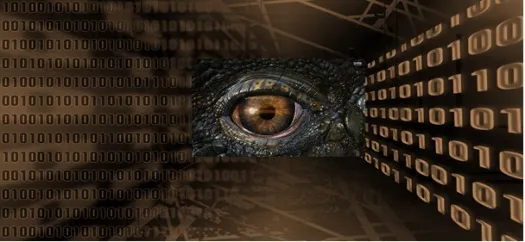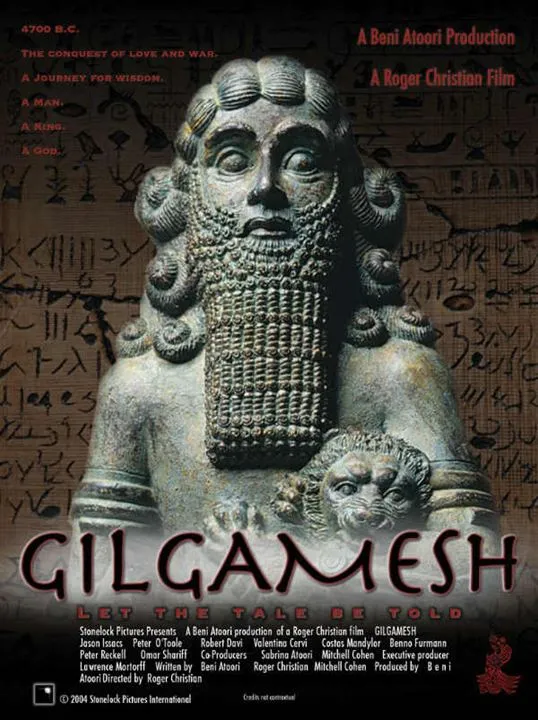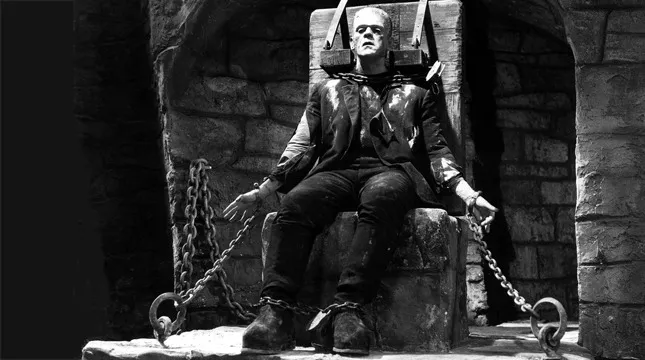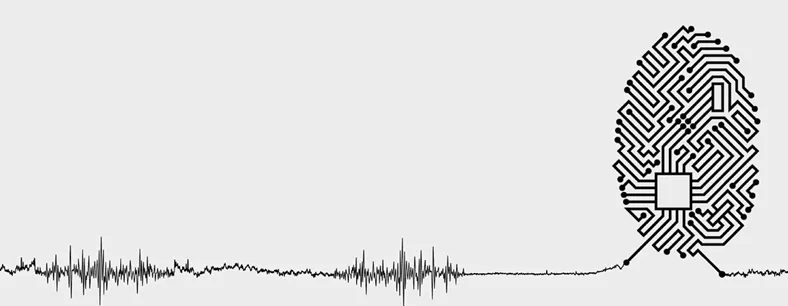He argues that Homo sapiens can move in masses because of their ability to believe in their own unique imaginary things like gods, nations, money and human rights. The author argues that religions, political structures, trade networks and law are imaginary products. Economy is a system based on mutual trust; Capitalism is a very religious concept rather than an economic one; The agrarian revolution starts with the aim of comfort and ruins people's lives; The imperial system is the best political system of the last 2000 years; Money, empires and religions are forces that integrate the world; To be among the greatest crimes of the history of domestication of animals; Are the other assertions in the book that today's people are certainly not happier than people who lived in the past, and that people are in the process of deifying themselves.

Man has found himself in all the civilizations that eternal immortality needs. Gilgamesh’s story is a beautiful example to this. Gilgamesh is a semi-god and has a superhuman strength. The powerful Gilgamesh Uruk invites the goddess Aruria and the other gods to the men of the city, so that men can work with them as soon as they can, and they will create a savage and mighty Enkidu that will rival Gilgamesh and keep him alive. He becomes friends with Gilgamesh Enkidu and takes the adventure together, but the Enkidu dies one day. Enkidu's death has completely destroyed Gilgamesh and he is looking for immortality, thinking that he will die one day because he is half human. What really makes him famous is the search for immortality that Gilgamesh will realize that real immortality after all kinds of adventures following the removal of immortality from the bottom of the sea is remembered by future generations.

In another work, a similar theme is processed in a different culture. But this time it is more scientific than being fantastic. Dr. Frankenstein; It wants to redo the human in order to put an end to the diseases, and thus to reach the immortality. As a result of his experiments, he discovers the secret of life and decides to use it as a superior man.
The legends and stories that people produce about themselves are of course the most important proof of what they want to accomplish. Frankestein also found this idea to be quite strong. To rebel against God. Is this the man who made us human? Otherwise, the process we have had forced us to do so. At this point, Homo Deus's book is a presumption of the fate of all humans at the same time.

Harari in the book Homo Deus, in the role of Nostradamus. He's giving us news of our future. Like every power, our son and the universe around us show how we will bring the end, what tools we will use. He oversees our relations with the state, with conflicts, with the animals, with the empire of knowledge, with a long life ambition, with our consumer insanity. The result of our actions is shooting a hundred. He says that he is no longer a "fate" to be blamed, but that he is responsible for every moment of his future, which he wrote completely. The two points in the book attract our attention, the first one is that the world is now fully under human domination; The second is the way we perceive life.

We complete it with a quotation from Milan Kundera's book "The Art of Novel".
"I think about death, which is almost voluntary, by the hand of man. How come it does not make us wonder, does not upset our life, does not make us do wide-ranging arrangements? No, it does not make us wonder, because we have a senseless sense of reality like Pasenow and this death, hidden under a beautiful car mask, actually represents life in a realistic iconic world ... "